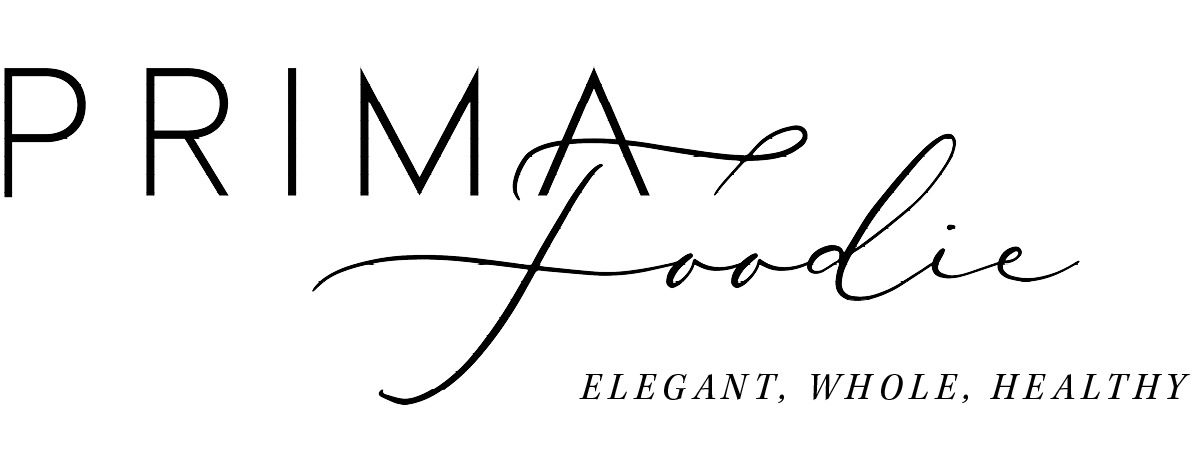PrimaFoodie Ingredient Spotlight: Beet Sugar
Ingredients in our food are as ubiquitous as they are nebulous. In our PrimaFoodie Ingredient Spotlights, we investigate common food additives to discover their origin, use, and purpose— because even if something is edible, it doesn't mean it's healthy or necessary.
What Is Beet Sugar?
Beet sugar is... sugar. It comes from the liquid of the sugar beet, a white bulbous root vegetable (not to be confused with the red or golden yellow beetroot, which we love to use in recipes).
The sugar beet juice is pressed from the beet, filtered, and purified before transforming into granulated sugar crystals. (This process is much like that of cane sugar extracted from the sugarcane plant.)
What's the Purpose of Beet Sugar?
Like any sugar, beet sugar makes foods, beverages, candies, and other edible substances sweet. Beet sugar is one of the most popular types of processed sugar worldwide. In the US, it accounts for nearly 55 percent of the domestically processed sugar, compared to cane sugar, which makes up approximately 45 percent.
You can find beet sugar in nearly everything processed these days, including:
sodas
juices
packaged snacks, from cookies to crackers
jarred and canned sauces
salad dressings
condiments
ice creams
gravies
candy
desserts
syrups
sweeteners, including high fructose corn syrup
Is Beet Sugar Bad?
While its source of origin is a natural plant with naturally occurring vitamins and minerals, beet sugar is a processed food high in sucrose with zero nutrients. Any minerals or vitamins once present in the sugar beet have been stripped away by the time they become sugar granules.
The issue with beat sugar is the issue with sugar on a macro scale. Sugar is one of the most significant dietary issues we face today. It's highly addictive and in nearly everything. Countless studies show that added sugar can weaken the immune system, trigger inflammation, feed cancers, disrupt the health of the gut microbiome, and cause other types of harm to our health. Even more alarming is the fact that Americans are the biggest consumers of sugar across the globe.
A Vegan Note
Some companies tout cane sugar as vegan, which can be confusing. Isn't sugar vegan already? Here's the truth: Cane sugar manufacturers often use bone charring, a process that incorporates charred animal bones to filter naturally brown cane sugar to allow it to achieve the bright white color sugar is known for. On the other hand, beet sugar does not require this process as it's naturally white from the start. So those who avoid any products that touch animals turn to beet sugar—but the vegan label does not mean it's healthier than cane sugar.
The PrimaFoodie Take
Here's the issue: Smart marketing tactics may lead you to believe that the "beet" in front of beet sugar makes it healthier to consume than cane sugar—but beet sugar is just as unhealthy. A whole fresh sugar beet in its natural state does carry some nutrients. The story changes when the beet juice is extracted, filtered, processed, and made into granules. At this point, it becomes a full-fledged ultra-processed food that is pure sugar. Additionally, most beet sugars grown for sugar are genetically modified and doused with chemicals.
So, our verdict? We avoid beet sugar.
The good news is that ridding your diet of sugar doesn't have to lead to ridding all decadence from your diet. Check out our guide on healthier alternative sweeteners and our dessert recipes that get kicks of sweetness from dates, maple syrups, honey, and other non- or less-processed options.
Curious to learn more about what goes into your food? Be sure to read more of our PrimaFoodie Ingredient Spotlights here.
